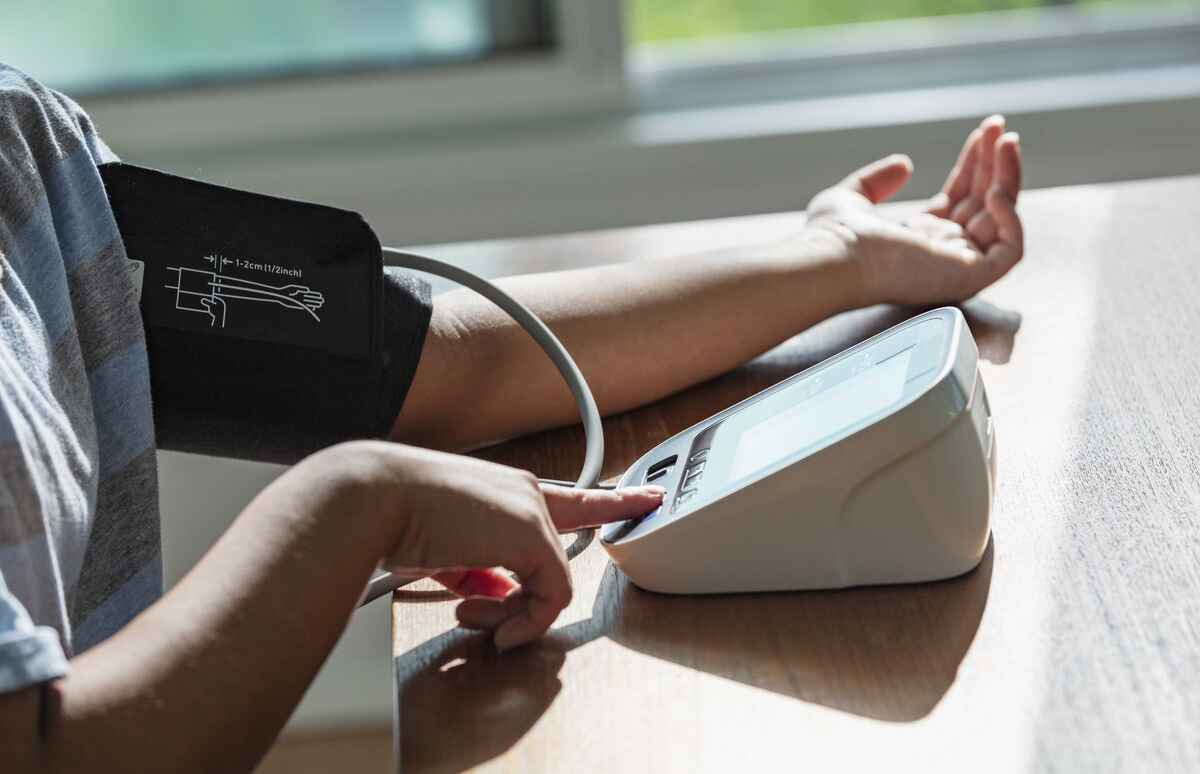Our physicians who specialize in nuclear cardiac imaging include leaders in the field who work to improve patient care using breakthrough nuclear technologies.
A staff highly trained in the use of advanced diagnostic equipment, including the hybrid single photon emission computed tomography (SPECT)/CT and digital positron emission tomography (PET)/CT, provides patients with the best clinical cardiovascular imaging as well as the development of imaging for personalized precision medical care.
Our SPECT 64-slice CT imaging system allows us to offer highly accurate images of blood flow to the heart with reduced radiation exposure that is superior to the current national standard. This novel hybrid system has improved image quality and diagnostic accuracy. Our SPECT/CT system also offers unique methods for determining if a patient has a heart condition known as cardiac amyloidosis.
Our digital PET/CT imaging system enables us to determine if patients have coronary artery disease and to evaluate if some patients would benefit from procedures to improve blood flow to the heart. Cardiac PET blood flow imaging is the only non-invasive method to accurately measure blood flow in the small vessels of the heart (microvascular blood flow). Using PET, we can further determine if patients with systemic sarcoidosis also have heart involvement.






